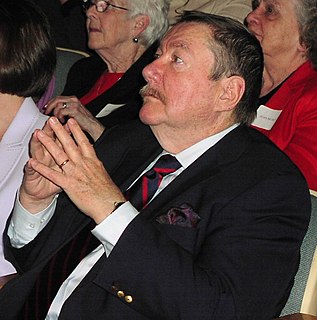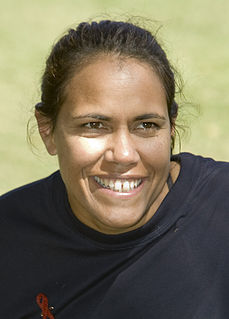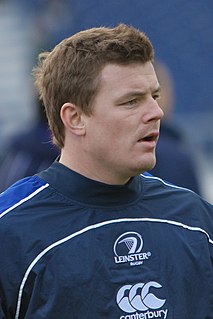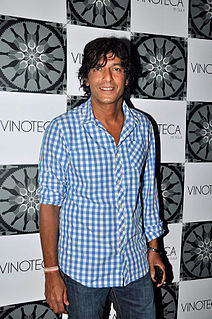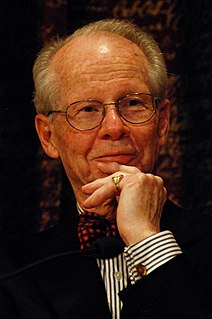A Quote by Garth Greenwell
My first MFA was in poetry, and it was very much part of a professional trajectory leading to life as a professor. But in my second and third years at Harvard, I realized I didn't want an academic life.
Related Quotes
I don't think I ever had a morning where I woke up and said I'm going to be a professional poet. I know I've always loved poetry, I've always loved writing poetry and I've always loved sharing poetry. I've also always known that I wanted that to somehow be a very large part of my life and I'm very fortunate that it's such a large part of my life.
This is my year of transition from what I'm calling the second phase of my life to the third phase of my life. And I wanted to pass it along. What I mean by that is, in the first days of your life you're dependent on others and you learn. You're basically a kid, depending on your parents. In the second phase of your life, you're working and others are dependent on you and you're trying to be successful. And then when you go to the third phase of your life it's no longer as much of a kick to be successful. There's a natural, instinctual desire to help other people be successful.
Well, years and years ago, I started to ask myself three very simple questions, which dominated my life for many years. One of them was, "Why are organizations everywhere, whether commercial, social, or religious, increasingly unable to manage their affairs?" The second question was, "Why are individuals throughout the world increasingly in conflict with and alienated from the organizations of which they're a part?" And the third was, "Why are society and the biosphere increasingly in disarray?"
In academic life, false ideas are merely false and useless ones can be fun to play with. In political life, false ideas can ruin the lives of millions and useless ones can waste precious resources. An intellectual's responsibility for his ideas is to follow their consequences wherever they may lead. A politician's responsibility is to master those consequences and prevent them from doing harm. Michael Ignatieff, a former professor at Harvard and contributing writer for the magazine, is a member of Canada's Parliament and deputy leader of the Liberal Party.
Football became my obvious metaphor as it does for many, and I began to equate this as being 'halftime' in my life. As I reflected on my professional life I realized how much time I had spent trying to make first downs and score touchdowns. My focus had now changed into trying to be more about people and serving others.



